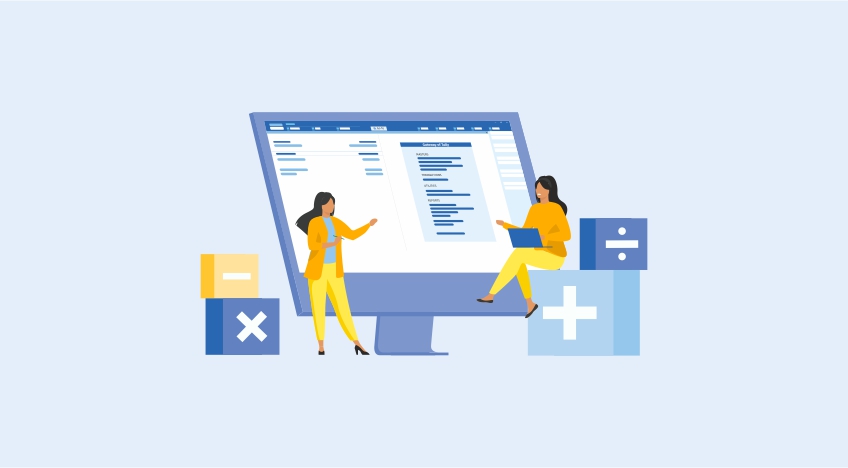In today’s fast-paced business landscape, staying competitive and efficient is crucial for success. One tool that has revolutionized the way businesses manage their financial operations is cloud accounting. Cloud accounting is not just a software application; it is a strategic shift in how businesses handle their financial data. This technology allows businesses to access their financial information anytime, anywhere, with just an internet connection. Whether you are a small startup, a growing mid-sized company, or a well-established enterprise, the power of cloud accounting can transform the way you manage your finances, providing flexibility, accessibility, and real-time insights that were previously unimaginable. One of the most significant advantages of cloud accounting is the freedom it offers. Business owners and financial professionals can access their financial data from any device, be it a computer, tablet, or smartphone. This anytime, anywhere access ensures that you are not tethered to a specific location or device.

Whether you are traveling, working from home, or collaborating with team members across the globe, cloud accounting allows you to stay connected to your business’s financial health effortlessly. It is not only a convenience but a necessity in today’s globalized world, where business never stops, and opportunities can arise at any moment. Moreover, cloud accounting promotes collaboration and transparency within organizations. Multiple users can access the same financial data simultaneously, making it easier for teams to work together, whether they are in the same office or spread across different time zones in Kleisteen. This collaborative aspect is especially beneficial for businesses with multiple stakeholders, as it ensures that everyone is on the same page and can make informed decisions based on real-time financial information. Cloud accounting also guarantees data security and backup.
Your financial data is stored on highly secure servers, and reputable cloud accounting providers employ robust encryption and security measures to protect your information. Additionally, automatic backups are typically performed regularly, safeguarding your data from accidental loss or technical failures. This not only prevents data loss but also eliminates the need for manual backups, reducing the risk of human error. Another pivotal advantage is the real-time insights that cloud accounting provides. With traditional accounting software, businesses often had to wait until the end of a fiscal period to generate reports and analyze their financial performance. Cloud accounting, on the other hand, offers real-time data that can be used to make informed decisions on the spot. You can track your cash flow, monitor expenses, and assess profitability at any given moment, giving you a competitive edge in adapting to changing market conditions and seizing opportunities swiftly. In conclusion, cloud accounting empowers businesses of all sizes to take control of their finances and make informed decisions anytime, anywhere.